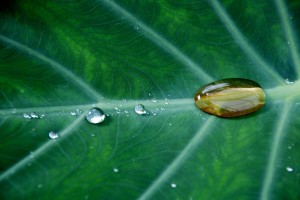 Significant, economic, social, and environmental benefits can be achieved by collecting, storing, and using rainwater. According to the Texas A&M AgriLlife Extension and the American Rainwater Catchment Systems Association (ARCSA), rainwater harvesting benefits individuals and communities in many ways:
Significant, economic, social, and environmental benefits can be achieved by collecting, storing, and using rainwater. According to the Texas A&M AgriLlife Extension and the American Rainwater Catchment Systems Association (ARCSA), rainwater harvesting benefits individuals and communities in many ways:
CONSERVES WATER: Rainwater harvesting provides an alternative water source to well water and public water supplies. About 50 to 70 % of all household water is used for landscape irrigation and other outdoor activities.
CONSERVES ENERGY: Because rainwater harvesting bypasses the centralized water system, it conserves energy. Many household systems require only a small pump to create water pressure in the pipes, and many non potable systems operate by gravity.
PREVENTS FLOODING AND EROSION: Part of the local rainfall is diverted into collection tanks or passive harvesting methods, leaving less storm water to manage. Stormwater problems are turned into water supply assets by slowing runoff and allowing it to soak into the ground.
DECREASES WATER CONTAMINATION: Captured rainwater does not cause immediate runoff. Limiting runoff helps decrease the contamination of surface water by sediments, fertilizers, and pesticides in rainfall runoff.
REDUCES PERSONAL WATER BILLS: Rainwater can be used in landscaping, for toilets, and for washing laundry. With more filtration and treatment, it can be used for cooking and drinking as well.
SUPPLIES NUTRIENTS TO PLANTS: Rainwater often contains nitrogen which provides a slight fertilizing effect for plants.
PROVIDES NATURALLY SOFT WATER: The use of rainwater can significantly reduce the amounts of detergents and soaps needed. It also prevents soap scum, hardness deposits, and the need for water softeners.
Rainwater collection has many advantages over well water, surface water or city water that the homeowner or business can be rewarded with. A well thought out system will provide many years of quality, reliable, safe water.

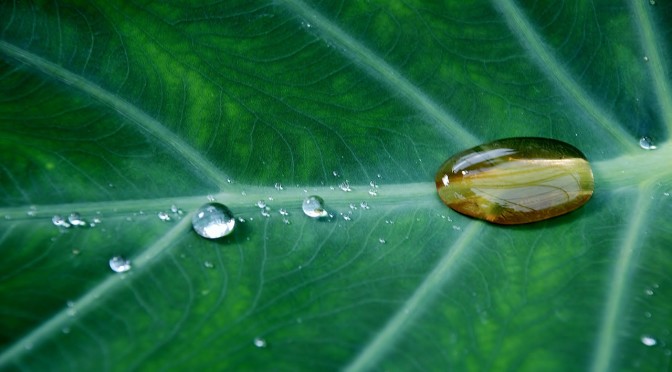
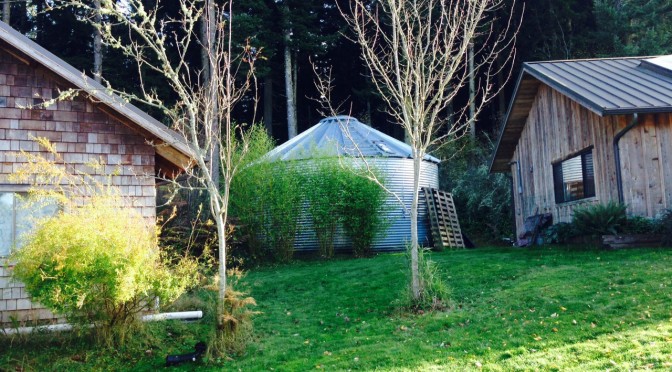
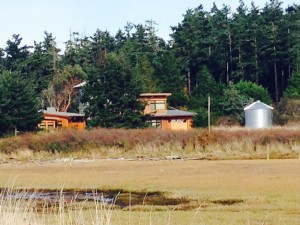 A well-designed and soundly constructed rainwater collection system, with scheduled ongoing maintenance, will provide years of quality domestic use.
A well-designed and soundly constructed rainwater collection system, with scheduled ongoing maintenance, will provide years of quality domestic use.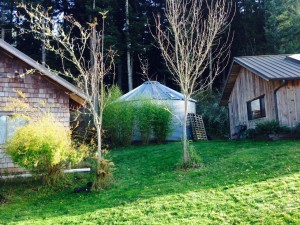 San Juan County was the first county in Washington State to allow rainwater collection for potable use, due to salt water intrusion of wells like RainBank president, Ken Blair’s system. Low production and higher levels of fecal coliform or nitrates are other factors that have plagued wells in this area.
San Juan County was the first county in Washington State to allow rainwater collection for potable use, due to salt water intrusion of wells like RainBank president, Ken Blair’s system. Low production and higher levels of fecal coliform or nitrates are other factors that have plagued wells in this area.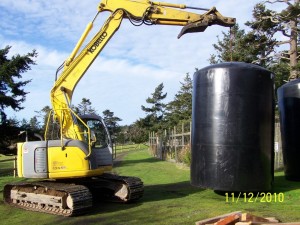 RainBank’s founder, Ken Blair is not just a member of ARCSA, he is also an ARCSA Certified designer, installer and Life Member.
RainBank’s founder, Ken Blair is not just a member of ARCSA, he is also an ARCSA Certified designer, installer and Life Member.